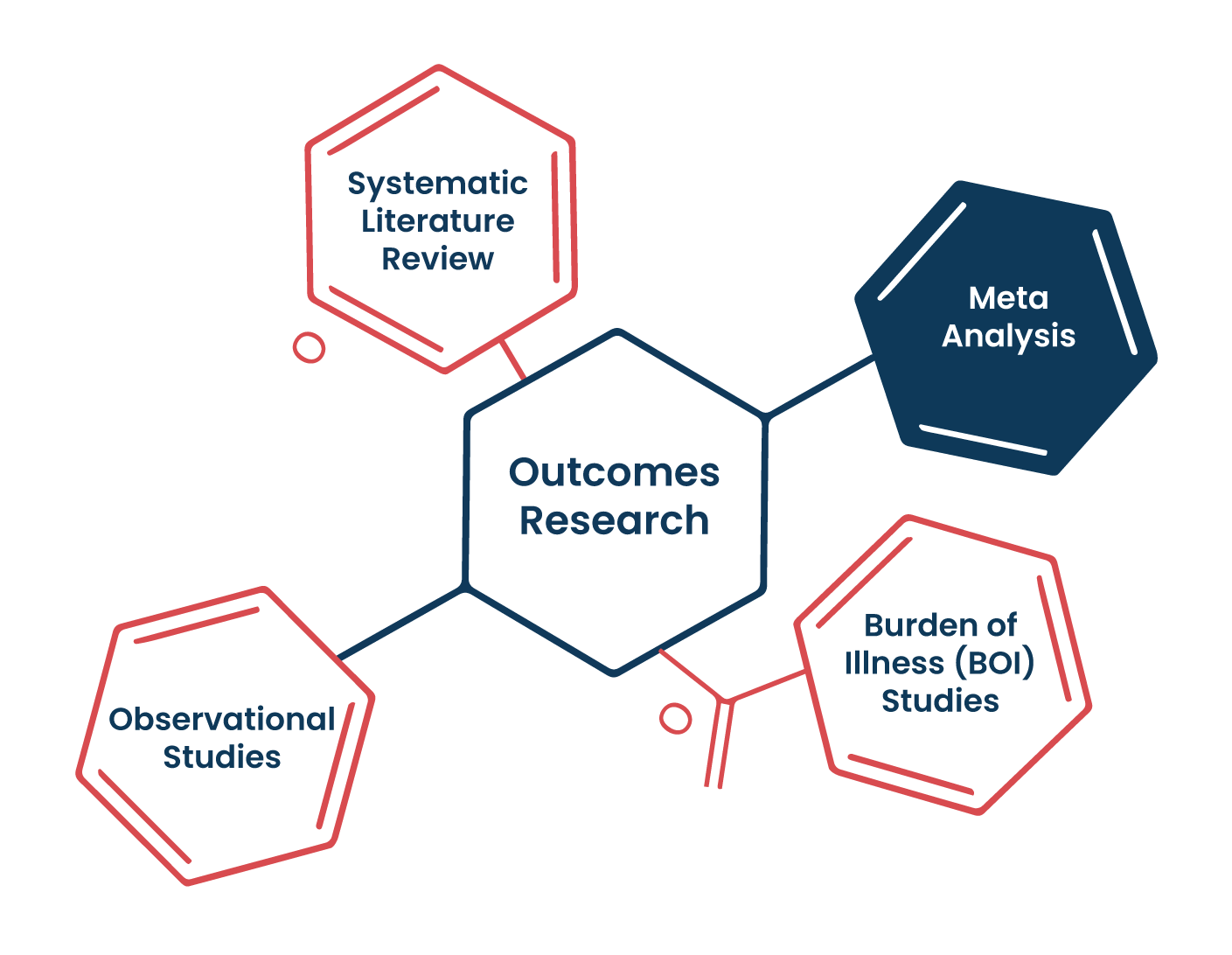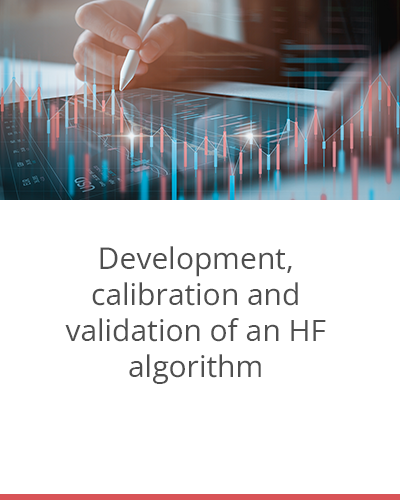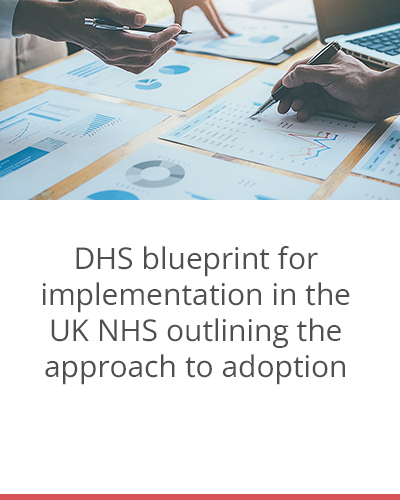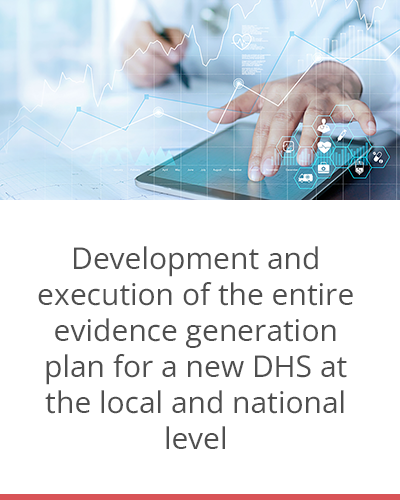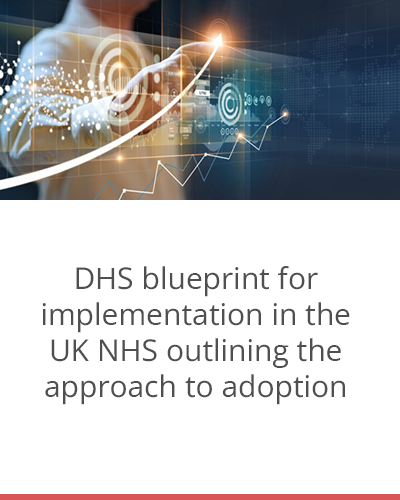Meta-analysis is a process used to synthesise the findings of several independent studies into a result producing pooled effect estimates. This is achieved by using statistical methods and algorithms to effectively weight data and calculate an overall effect. By examining the impact of variables in the data, the statistical power from combining data is increased and greater insights can be made.
Meta Analysis
We offer early insights into how best the evidence base for our partners’ research questions may be processed with appropriate rationale. Insights such as how the effects have generally been measured, the nature of the outcomes, whether a random or fixed-effects model is more appropriate approach and what direction the final result may lean. Alongside this, the strength and quality of the evidence base is assessed, for example through risk of bias and sensitivity analyses. We work to the highest HTA standards and our findings are communicated using programming software to yield graphics, such as funnel plots and heat maps.
How We Can Help
Our expert biostatisticians, analysts:
- Can perform a feasibility assessment
- Can perform direct meta-analysis, indirect treatment comparisons and network meta-analyses
- Help identify and execute the correct methodological approaches
- Effectively interpret and communicate the data through group workshops and reviews
- Produce a report outlining the results


